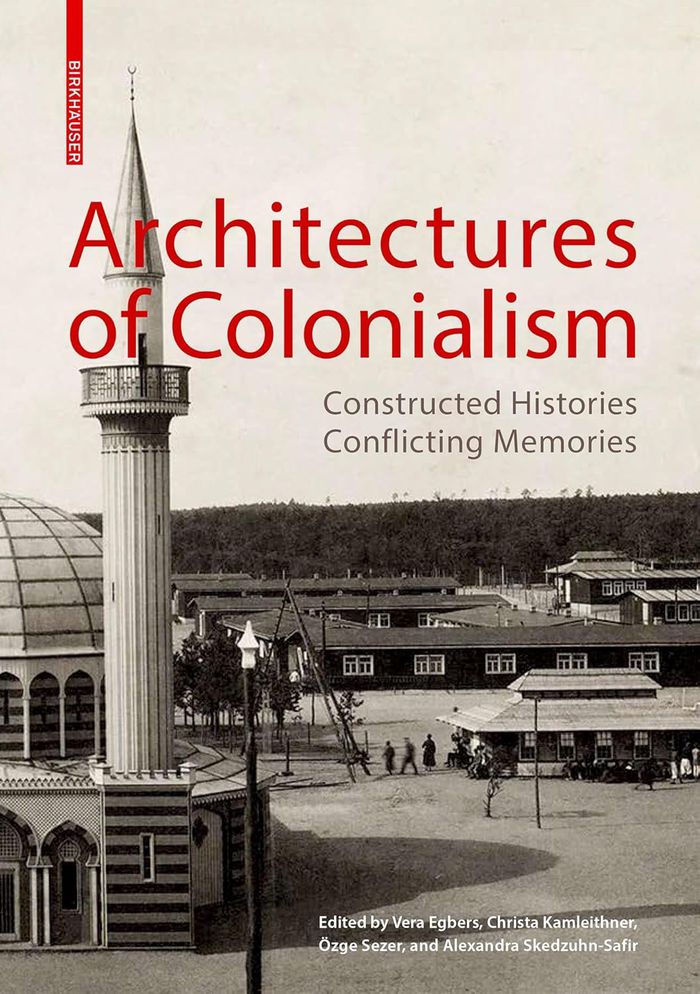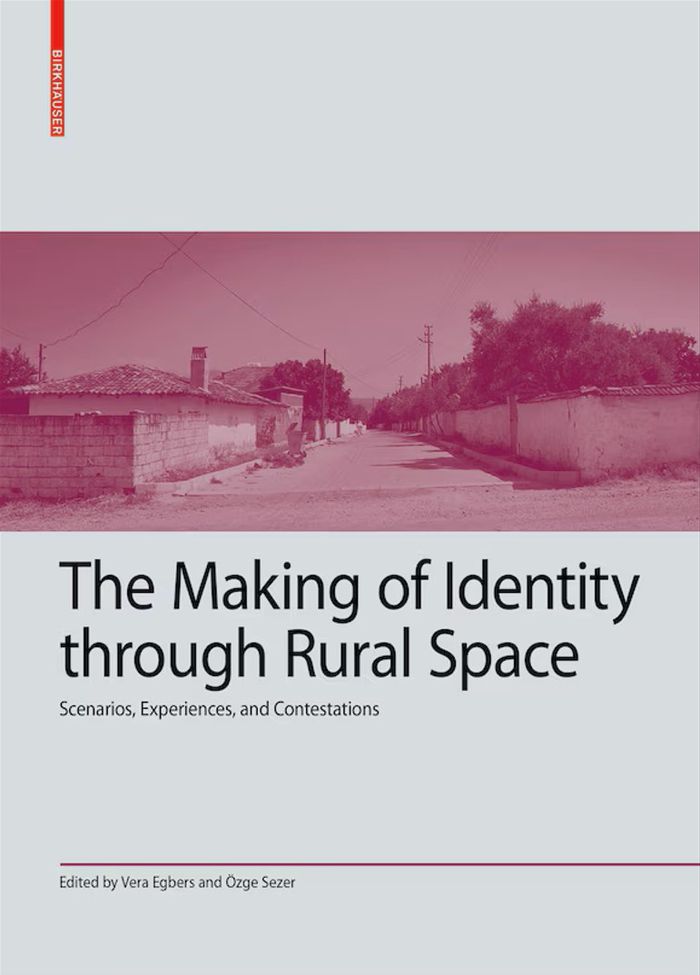$47.95
(available in store)
Summary:
The question of what heritage is and how we deal with it is not a neutral one. Recent events such as the Black Lives Matter movement and the toppling of monuments have made evident how much the colonial past is inscribed in our built environment; at the same time, colonialism affects memorialization and historiography. Hence, those involved in architectural history are(...)
Architectural Theory
June 2024
Architectures of colonialism: Constructed histories, conflicting memories
Actions:
Price:
$47.95
(available in store)
Summary:
The question of what heritage is and how we deal with it is not a neutral one. Recent events such as the Black Lives Matter movement and the toppling of monuments have made evident how much the colonial past is inscribed in our built environment; at the same time, colonialism affects memorialization and historiography. Hence, those involved in architectural history are challenged to re-consider their positionality. Whose heritage are colonial sites? Which conflicting memories are attached to them? How are archives and material evidence reassessed to bring forward the stories of marginalized subjects? Following the call for decolonization, this volume explores historical methodologies and shows the entanglement of narratives at architectural sites, bringing together archaeology, architectural history, and heritage studies.
Architectural Theory
$86.00
(available in store)
Summary:
Though sometimes overlooked and underestimated, rural space has played a substantial role in social, cultural, economic, and ideological change. This role can be studied by looking at the re/production of spatial agents that were caused by direct or indirect political interventions in rural communities. In this book, scholars looking at case studies from Greece, Turkey,(...)
The making of identity through rural space: Scenarios, experiences and contestations
Actions:
Price:
$86.00
(available in store)
Summary:
Though sometimes overlooked and underestimated, rural space has played a substantial role in social, cultural, economic, and ideological change. This role can be studied by looking at the re/production of spatial agents that were caused by direct or indirect political interventions in rural communities. In this book, scholars looking at case studies from Greece, Turkey, Italy, Portugal, and Austria discuss the making of identity in and through rural areas, which have dramatically changed under different political, social, and economic conditions from the turn of the 20th century up until today. By focusing on potential contestations of such changes, the authors provide a better in-depth understanding of spatial dynamics related to cultural and social spheres of 20th-century rurality.
Rurality

